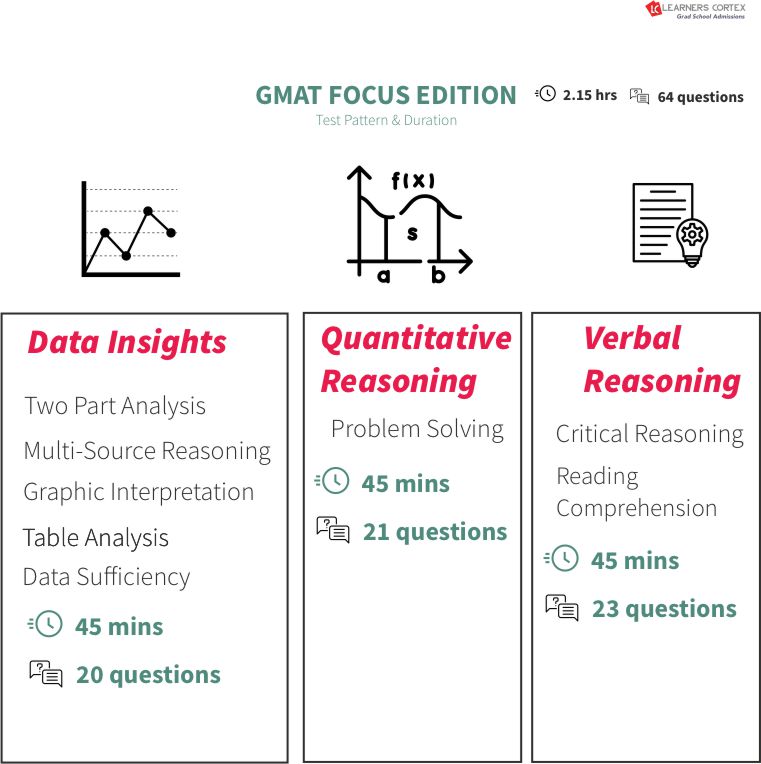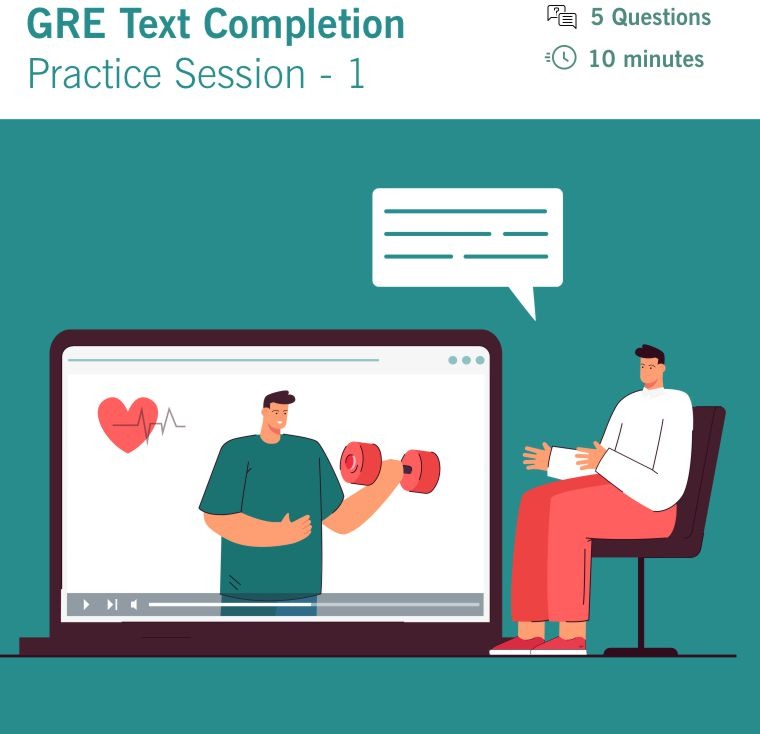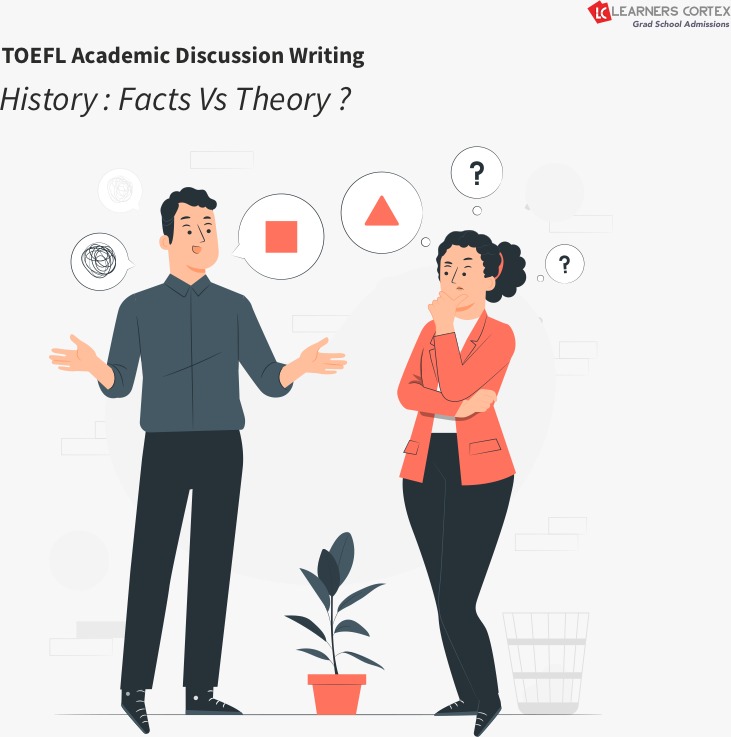- Call: +91-9566252166
- Mail: hands@learnerscortex.com
Anand G Shankar | Content Lead

In the independent section of TOEFL writing, you are required to analyse, explain, and support your opinion on a given issue. The question would be based on an academic discussion that generally happens in a classroom, and the issue is presented to you, asking for your opinion. In the response, you must make a good clarity on your position, choice of words, organization and writing style that actually contribute a viewpoint to the discussion.
Your view can be agreeing to the issue or disagreeing or even partly favoring both parties or wholly rejecting them; nevertheless, whichever your choice of position is, your essay is weighed based on clarity in writing your opinion that adds effective contribution to the ongoing academic discussion.
You are required to write atleast 100 words. In general, you can summarise an effective response with 100-125 words in 10 minutes.
Your professor is teaching a class in History. Write a post responding to the professor’s question.
In your response you should:
An effective response will contain at least 100 words.
Professor Brown In the coming summer, I'd be opening my Hispanic history class. We shall be looking at the theories of celebrated historian Uruzimiks, who rendered the political system of Aztecs. However, Uruzimiks arch academic rival Bezeto never recognized his work, citing most of his works are theories that fall anytime into fiction.
Now dear students, what is your view on history? Do we read history only as a subject with proven strengths of facts and information, or do we have the liberty to explore theories from the minimal facts that a historian sees his purview?
Natasha: I feel history cannot be based on theories, it should be based on solid facts and evidence. We cannot assume things in history which is disastrous for future generations. American youths are even misguided in the 21st century, some still debate on landing on moon or earth is flat. Imagine, a part of history that runs entirely on the assumption would help people with their preposterous ideologies flourish.
Gerald: In my opinion, history, like any other field, works on the principle of interest, gathering information, hypothesis, testing, and interpretation of data. We might encounter history in any form of an ongoing process, at some time in hypothesis where an author or historian wants his ideas or hypothesis to transfer his thoughts to another bright historian to investigate further. So, arguing history should be learnt only from solid facts restricts it to narrow field.
How to get a good score in TOEFL Academic Discussion Writing?
A good score in this section is always determined by how well you add your viewpoints to the ongoing discussion rather than summarise the participants' views.
In the above scenario, you can agree with either Natasha or Gerald, agree partly with both of them, or disagree partially with both, or present your views almost radically in a new way yet add valuable insights into the discussion.
For instance, you can agree with Natasha that studying history subject cannot be based on theories, you reason how and why solid facts needs to be backed up to study the subject. You can add your fresh ideas about learning history through theories that would encumber the merit of the subject instead of rewriting Natasha's plight that Americans do not read history properly and always remain misguided. So, registering your opinion, adding a few fresh examples, and strongly suggesting your viewpoint as a summary can fetch you a good score. You can write optimally between 100-125 words, however, there is no penalty for overwriting.
Alternately, you can also support Gerald's point of view, alluding that history can be learnt in-depth only through theories rather than mere facts. Provide suitable examples like how archaeologists explored civilisations by merely following up on the hearsay stories, later collecting artefacts and a long range of history is expanded based on hunches and eavesdrops. Thus, registering your opinion, adding a few fresh examples, and strongly suggesting your viewpoint as a summary can fetch you a good score. You can write optimally between 100-125 words, however, there is no penalty for overwriting.
Besides these strategies, you could also pick up a new dimension, analyzing both Natasha's and Gerald's opinions and pin your points from the best of both sides. You could say how theories would be a precursor to the facts, which would help a budding historian to research what is left unstudied. Also, finding the distance between the theory and fact, reject their association if it is far wide, and no way they can be tested for being real. Thus, registering your opinion, adding a few fresh examples, and strongly suggesting your viewpoint as a summary can fetch you a good score. You can write optimally between 100-125 words, however, there is no penalty for overwriting.
In a nutshell, there is no “correct” answer to the question. Your primary job is to keep your writing with a well-established opinion, and provide reasonable, relevant support for it in a way that makes a meaningful contribution to the ongoing discussion. A well-developed response will contain clearly appropriate reasons, examples, and details—ones that support or illustrate your viewpoint.
Before writing, you must have adequate practice with writing quality sentence structures and a good range of vocabulary to express your ideas.
Also, this task should not be misconstrued as an informal and funny post to the discussion drawing dry amusement or adding banter to the talk. However, it should be envisaged like a professor might be reading your post and interested to read your viewpoints in the ongoing discussion. In case, if you are disagreeing with one of the participants in the discussion, you are required to be polite, expressive, and respectful in your writing, and never be vehement and rude upon choosing context or words.
Score 5 | A high-level Response
A score 5 is the maximum, and rubrics from the ETS TOEFL iBT state that the response is a relevant and very clearly expressed contribution to the online discussion, and it demonstrates consistent facility in the use of language.
A typical response displays the following:
Here is the sample writing for the Academic Discussion topic above:
Studying history through theories involves analyzing past events and phenomena by using different theoretical frameworks. This approach helps to identify patterns, causes, and consequences of historical events and generate new insights into their significance and relevance. Theories such as Marxism, structuralism, postcolonialism, and globalization provide lenses through which to view history and understand how power, politics, and economics shape the course of human societies. By examining the past through theories, we gain a more nuanced understanding of the complexities and contradictions of historical events, and how their legacies continue to impact contemporary issues. This type of historical analysis also encourages critical thinking and reflection on the assumptions and biases that underpin dominant historical narratives.
Score 4 | A Modest-level Response
As per the ETS TOEFL iBT, a score of 4 in the writing section affirms that the response is a relevant contribution to the online discussion, and facility in the use of language allows the writer’s ideas to be easily understood.
A typical response displays the following:
Studying history based only on facts and evidences is essential for understanding our past and shaping our future. Historical facts provide us with a concrete base of events, people, and ideas that have influenced our world. Examining evidence helps us to understand the context of these events and the forces that drove them rather following the prints of theories and conjecture. For examples, Vikings never wore horned helmets, however, when Swedish artist Gustav painted them helmets, there have been a rain of false representation of Viking till date in literature, fiction and in movies. Thus, understanding history through facts challenge our biases and helps us to see a more complete picture of our past. In addition, studying history can help us build a sense of belonging and identity as we learn about our cultural heritage. When we base our study of history solely on facts and evidence, we can avoid the risk of cherry-picking historical events to suit our personal narratives.
Score 3 | A mid-level Response
A score of 3 in academic writing, as per the ETS TOEFL iBT, concurs that the response is a mostly relevant and mostly understandable contribution to the online discussion, and there is some facility in the use of language.
A typical response displays the following:
I am sure history has a lot to do with facts. As a learner, we can rely only facts, we cannot simply theorize events and then later proceed to find what and how something did happen in the past. We believe in our past history only if we have the piece of evidence before our eyes. We take such pride only if our rival societies accept our glory only when we present facts before them. Infact, why do we even have a museum? It is the only way to prove our origins are prideful and factful rather something we theorize about ourselves. So, history should be learnt only through facts not from theories.
Score 2 | An unsuccessful Response
Similarly, the ETS TOEFL iBT prescribes score 2 as an unsuccessful response that reflects an attempt to contribute to the online discussion, but limitations in the use of language may make ideas hard to follow.
A typical response displays the following:
Histories are not subjects like mathematics or biology, we have to learn from the basics, if we are not learning the basics, we are not excelling in the field, if we are not excelling in the field, we are developing in the world. Moreover, history is also learnt from theory. In college, we have theory and practicals, we learn more from practicals than in theory. Such that we have to learn history also more from practicals like chemistry, physics or biology. The more we learn history from theory means the more we are learning history from the facts. Thus, history is best learnt from practicals (facts) and then from theory also.
Score 1 | A poor Response
Finally, as per ETS TOEFL iBT, the response of score 1 reflects an ineffective attempt to contribute to the online discussion, and limitations in the use of language may prevent the expression of ideas.
A typical response may display the following:
History is important. We can learn from history and not to do the mistakes again. If we have no history, we will keep on repeating the mistakes. We have to learn from our history and mistakes and correct them in the future. Therefore, history is important to learn.
Remember, the above sample writings are just for your reference. You can use them as a starting point to craft your own response, adding your unique perspectives and examples to enhance the quality of your writing. Good luck with your TOEFL Academic Discussion Writing!

In the independent section of TOEFL writing, you are required to analyse, explain, and support your opinion on a given issue. The queestion would be based on ...
Detail
Welcome to our GRE Text Completion practice session! Today, we delve into the complexities of these challenging sentence structures. Our focus lies on harder ...
Detail
California, known for its vibrant culture, picturesque landscapes, and world-class universities, has long been a preferred destination for international students ...
Detail